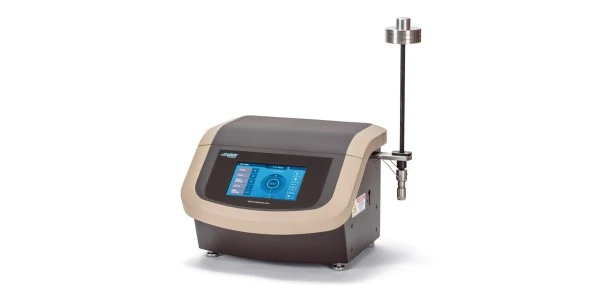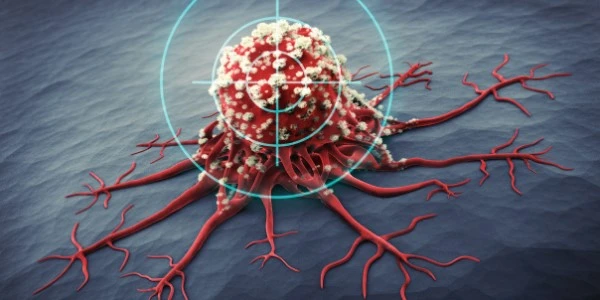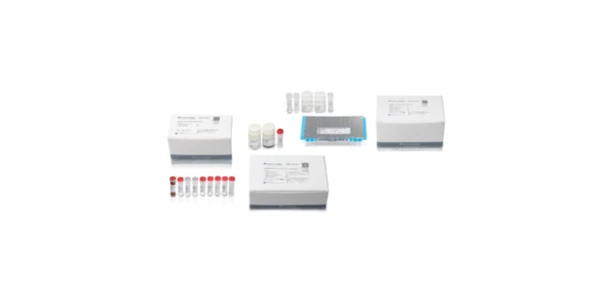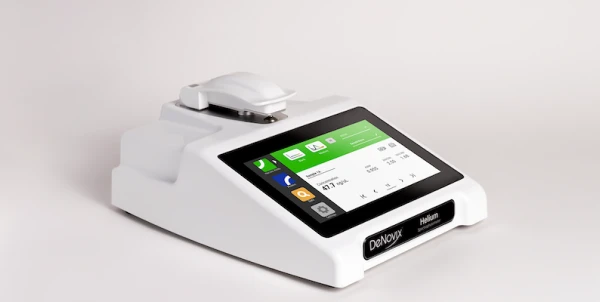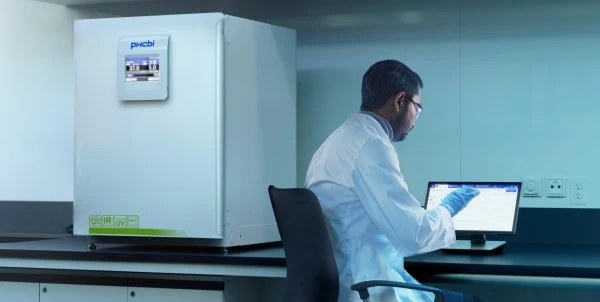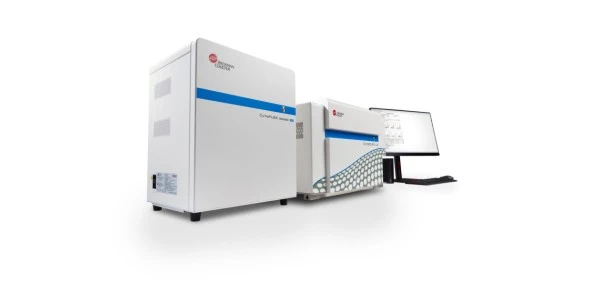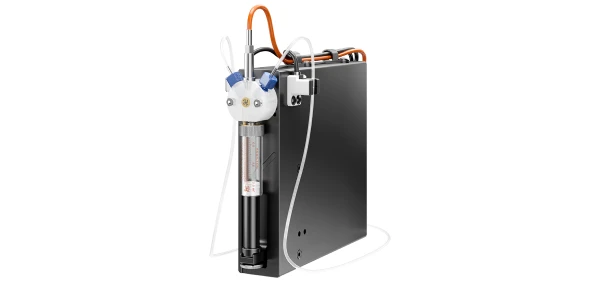Review of the BioLogic SP-300 Potentiostat: A Comprehensive Overview
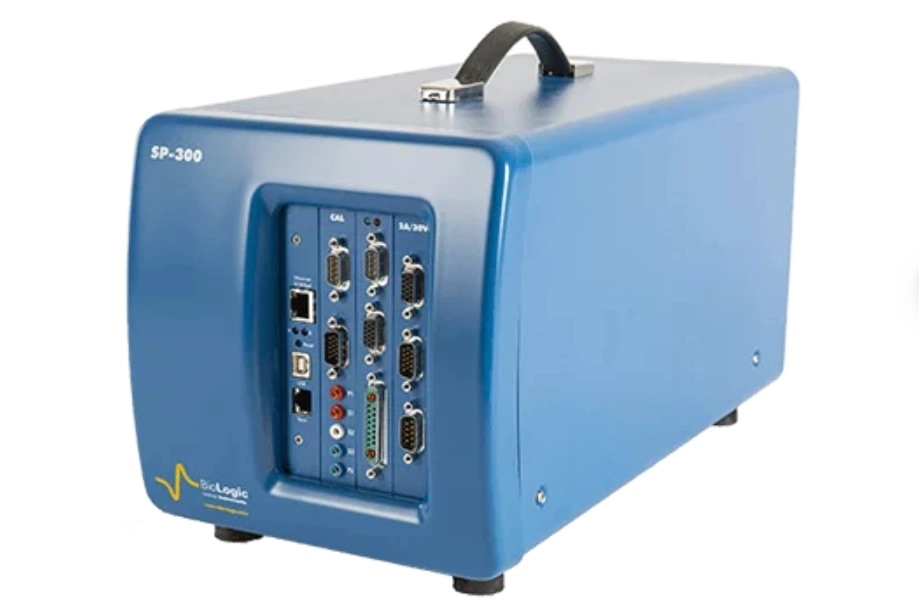
The BioLogic SP-300 Potentiostat is a leading high-performance instrument in electrochemical research, known for its flexibility and precision. Designed to cater to a wide range of applications, including battery testing, corrosion studies, fuel cells, and general electrochemical analysis, the SP-300 is a popular choice for laboratories seeking advanced potentiostat technology. This review covers its key features, performance capabilities, and applications.
Key Features of the BioLogic SP-300 Potentiostat
Modular Design: The BioLogic SP-300 is a modular potentiostat, allowing researchers to customize the system with up to two independent channels. This dual-channel configuration enables simultaneous electrochemical experiments on separate cells, making it highly adaptable for complex research.
High-Performance Specifications:
- Current Range: The SP-300 offers a broad current range, from 1 pA to 10 A (with an additional booster), making it suitable for both low-current applications like organic electronics and high-current applications like Lithium-ion battery testing.
- Potential Range: The potentiostat provides an impressive ±30 V potential range, covering corrosion testing, battery performance studies, and fuel cell research.
- Compliance Voltage: With a ±32 V compliance voltage, the SP-300 can easily handle experiments involving high-voltage energy storage systems.
Electrochemical Impedance Spectroscopy (EIS): The built-in EIS functionality of the SP-300 operates across a frequency range from 10 µHz to 7 MHz, offering precise measurements for applications such as battery impedance analysis, fuel cell diagnostics, and corrosion monitoring.
Booster Modules: The SP-300 supports booster modules for increased current capacity, up to 20 A. This makes it an ideal instrument for laboratories conducting battery cycling tests or high-current electrochemical analysis.
EC-Lab Software Integration: The SP-300 comes equipped with BioLogic’s EC-Lab software, renowned for its ease of use and powerful analysis tools. EC-Lab offers a wide array of predefined experimental techniques like cyclic voltammetry, chronoamperometry, and EIS, along with customizable scripting capabilities for advanced research.
Performance of the BioLogic SP-300
The BioLogic SP-300 Potentiostat excels in both precision and accuracy, making it a trusted choice for high-end electrochemical research. The dual-channel setup allows for efficient parallel testing, providing significant time savings for labs conducting multiple experiments.
Researchers particularly appreciate the SP-300’s low noise levels and high-resolution data, crucial for studies involving sensitive materials, such as thin films and nanomaterials. The EIS capabilities offer reliable and fast response times, making it ideal for analyzing high-impedance materials and low-frequency applications.
Applications of the BioLogic SP-300 Potentiostat
Battery Research: The SP-300 is a top choice for Lithium-ion battery testing and battery performance analysis, offering features such as high current capacity and EIS. It helps researchers evaluate battery health, degradation mechanisms, and perform charge-discharge cycling.
Corrosion Studies: With its wide potential range and sensitive low-current measurements, the SP-300 is suitable for corrosion analysis. Researchers use it for evaluating material degradation, protective coatings, and corrosion prevention.
Fuel Cell Research: The SP-300’s high compliance voltage and extensive EIS range make it an excellent tool for fuel cell testing, allowing researchers to monitor fuel cell performance and degradation under various operating conditions.
Supercapacitors: For researchers focused on supercapacitors, the SP-300 helps in evaluating energy storage performance, including capacity retention, charge-discharge cycling, and impedance analysis.
User Experience with the BioLogic SP-300
Users report that the BioLogic SP-300 is easy to install and operate, with a compact design that fits seamlessly into busy lab environments. The EC-Lab software is highly intuitive, offering real-time data monitoring, analysis tools, and customizable methods, allowing users to focus more on interpretation rather than setup.
The modular nature of the SP-300 ensures scalability, providing an easy way to upgrade and expand as research needs evolve. Whether adding channels or boosting current capabilities, the SP-300 offers long-term adaptability for various electrochemical research applications.
Pros and Cons of the BioLogic SP-300 Potentiostat
Pros:
- Modular and scalable design allows for dual-channel experiments
- Wide current and potential ranges make it suitable for a variety of applications
- High-performance EIS capabilities with broad frequency range (10 µHz to 7 MHz)
- User-friendly EC-Lab software with advanced analysis tools
- Booster options enable high-current applications, such as battery research
Cons:
- Higher cost compared to basic potentiostats, which may be a barrier for smaller labs
- Learning curve for advanced EC-Lab software features for beginners
- Limited portability, as it remains a benchtop instrument
Final Thoughts
The BioLogic SP-300 Potentiostat is a powerful and versatile tool for laboratories conducting high-precision electrochemical analysis. Its dual-channel capability, broad current and potential ranges, and advanced EIS features make it a top choice for battery research, corrosion studies, fuel cells, and supercapacitor testing. Although the price might be higher than entry-level potentiostats, the SP-300’s modular design, upgradability, and advanced features ensure a solid return on investment for research labs.
Whether you are focused on battery technology, corrosion prevention, or fuel cell development, the BioLogic SP-300 provides the flexibility, precision, and power to handle today’s most demanding electrochemical experiments.
Shop for the BioLogic SP-300 on LabX.com
